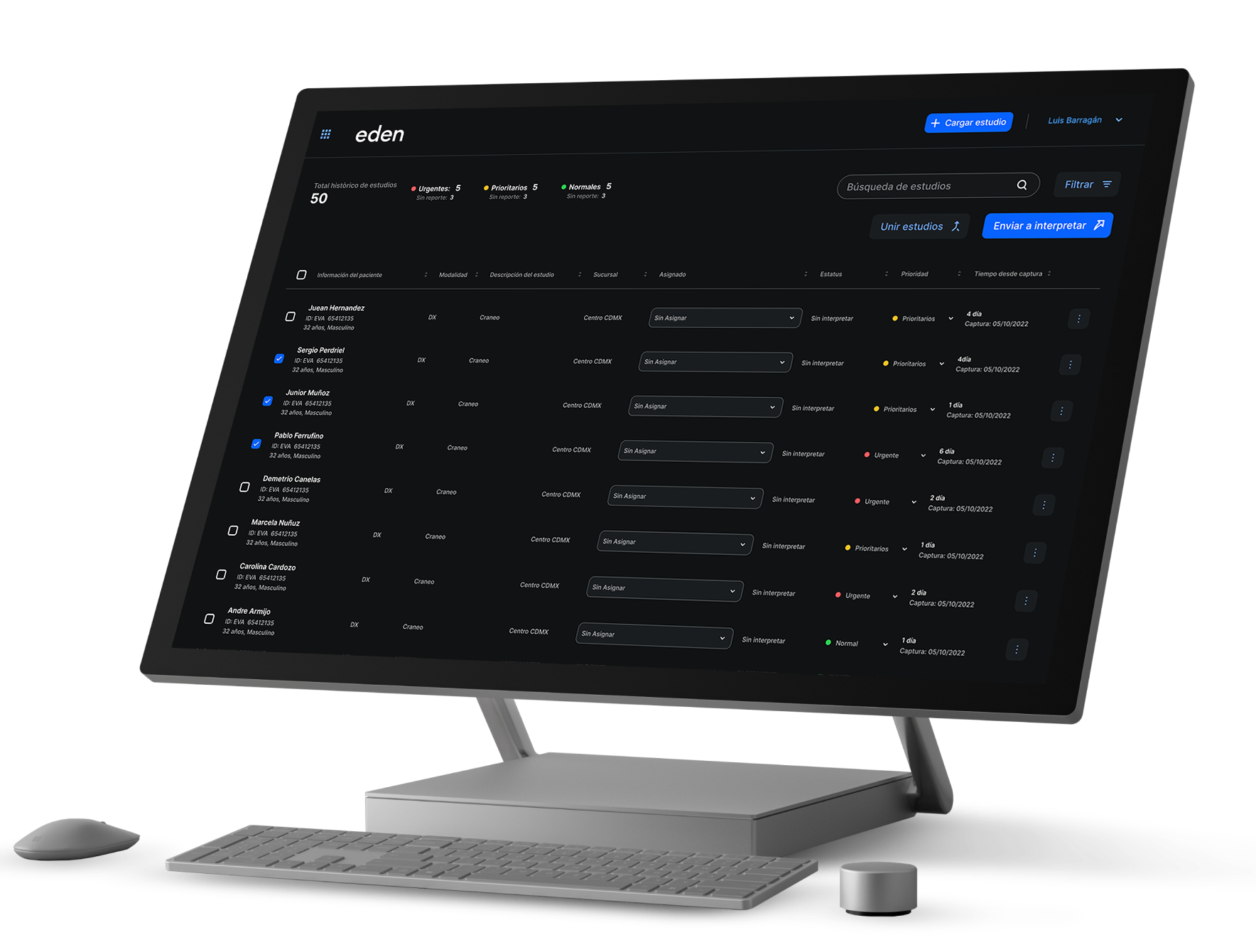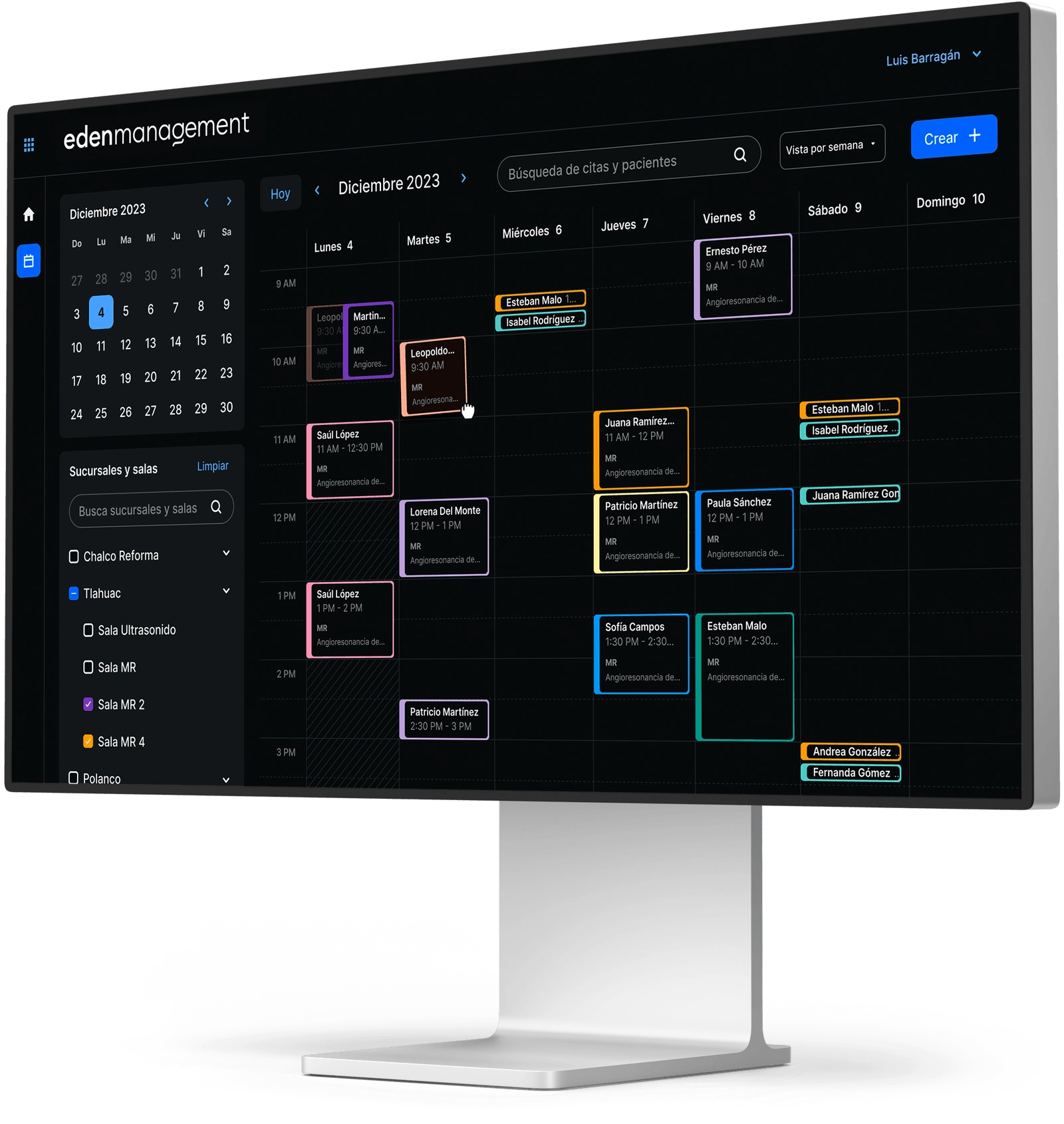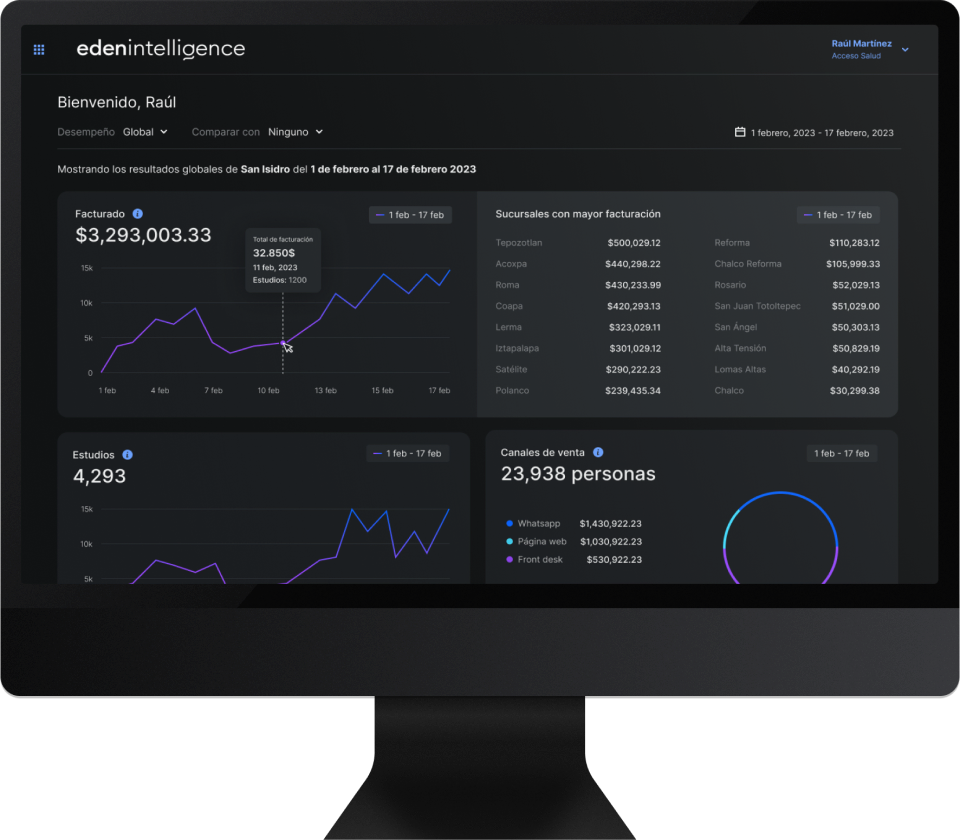Find out in which cases we should request an appointment with an oncologist, how to prepare for the appointment and what medical conditions he specializes in.
How can it happen when faced with the possibility of facing Diseases, we are faced with an infinite number of questions. Before giving in to fear and uncertainty, the best alternative to facing any type of illness is with Information relevant.
In the case of the possibility of a diagnosis of Cancer, the best thing we can do is consult a oncologist, the doctor specializing in the cancer diagnosis and treatment. Learn more about this branch of medicine below.
What is cancer?
El Cancer is a disease in which abnormal cells reproduce uncontrollably, affecting body tissues. These cancer cells can arise in different parts of the body as it spreads through the lymphatic or blood system.
However, at present the Advancement of technology has been a hope for many cancer patients. In recent years, new therapies and diagnostic methods have increased the chances of recovery for those who suffer from it.
In medicine, the person in charge of this area is the medical oncologists. It is important that at the time of visiting the oncologist, all those Questions that you can consider consulting them without any fear, since you will be in a position and able to resolve or clarify any question you may have.
What is oncology responsible for and what is the job of an oncologist?
La Oncology It is the branch of medicine responsible for studying and treating Cancer in patients.
El oncologist is responsible for managing patient care throughout the course of their illness, starting with a Diagnostic.
Usually, the beginning of the relationship with a medical oncologist It develops as follows:
- It performs a Diagnostic and explains what stage the cancer is at. To arrive at this diagnosis, the patient may be required to perform different clinical studies.
- We talk about all the possible treatments that can be administered to the patient and are made Recommendations.
- Start the treatment of the patient as previously agreed. At this stage, they may come into play. other medical specialists, depending on the area of the body affected.
- The doctor will offer Support at all times to deal with symptoms And the side effects of illness and treatment.
For most cancer patients, a very important component is establishing a relationship of trust with their oncologist. It is important to feel that you have a professional who will be present throughout the process to offer better solutions.
What medical tests diagnose cancer?
Depending on the area of the body and individual symptoms, a doctor may indicate different clinical studies if you suspect the presence of cancer. Some tests that help with detection are:
- Laboratory analysis. Because of the concentration of certain substances in our body, a doctor may request tests of blood, urine and other fluids corporeal.
- Biopsy. You take one tissue sample of the affected part of the body to check for the presence of cancer cells At the level microscopic. This test is usually indicated after there is some prior confirmation by an imaging study.
- Imaging studies. Las radiology and imaging tests can help detect masses in the body, which may or may not be malignant (cancerous) tumors. These tests may include x-rays, mammograms or mammograms in the case of breast cancer screening, ultrasound, magnetic resonance imaging, computed tomography and positron emission tomography. Whether one study or another is performed will depend on the decision of the attending physician.
- Endoscopies. Depending on the area of the body of interest, other more specific studies may be performed to confirm the presence of cancer, such as endoscopies. In this study, the doctor inserts a illuminated probe in the body. For example, the colonoscopy analyzes the colon and rectum, and the bronchoscopy is an examination of the trachea, lungs and bronchi.
All of these clinical studies will be promptly indicated by a specialist if you have symptoms, or if they are part of your annual health care routine because of your age or particular situation.
What tips and recommendations should you follow when visiting the oncologist?
We know how difficult it can be to just think about facing a cancer diagnosis, but it's vitally important that you consult this specialist. Here are some tips to make this consultation very beneficial for you and you get answers to all your questions.
As patients, it is essential not to close ourselves to thoughts or ideas that may turn out to be wrong. On the contrary, we must be open to solutions to find the best solution for our particular case.
- Reunite medical information important about you and your family members. At the time of preparing your medical history, this will help the oncologist.
- Take with you the clinical studies and interpretations that have been practiced before, and that led you to see the oncologist.
- If possible, try to attend the consultation at Company of a loved one. It is best to go with a family member, close friend or partner. This person can also help you understand the information you're receiving if it's too overwhelming for you at the time.
- Write down any type of Question Or Duda that may come to your mind and you want to clarify. It's completely normal to feel different types of emotions such as fear, nerves, shock and uncertainty. You may not focus on those questions you had before you arrived at the office, so it's a good idea to prepare them in advance.
- In this regard, you can express to the doctor how you feel. Your oncologist can help you deal with these emotions or recommend a new one Specialist to help you with this emotional aspect.
- Follow all the letters to the letter Recommendations of the oncologist. In the same way, it's a good idea to write them down so you don't forget any.
- You have every right to receive all Information about your case and a Diagnostic that is clear and concise. You can also ask about treatment alternatives that they are granted to you.
- You are within your right to Ask and decide together with your oncologist what is the best treatment for your specific case.
- It takes a while to Reflection once you have left your appointment with the oncologist. It's important to process everything that happened in the consultation.
- Conversar with your loved ones is one of the most advisable steps, both to feel better and to be able to make important decisions. Remember that you can also go to an expert in Psychology or other branches of mental health that help you deal with a cancer diagnosis.
Maintain a relationship of closeness and trust with the oncologist can make visits easier. It's a great practice to take advantage of time spent with medical appointments so that the information you receive is accurate and for your benefit.
Finally, remember that you have the right to ask for a Second opinion if you are not happy with your diagnosis, treatment or recommendations.
References
- What is cancer? National Cancer Institute (NHI).
- Facing the oncologist's office. Efe Salud.
- Facing the visit to the oncologist. Better Without Cancer.
- Oncology. SMEO.
How is cancer diagnosed. National Cancer Institute (NHI).




















